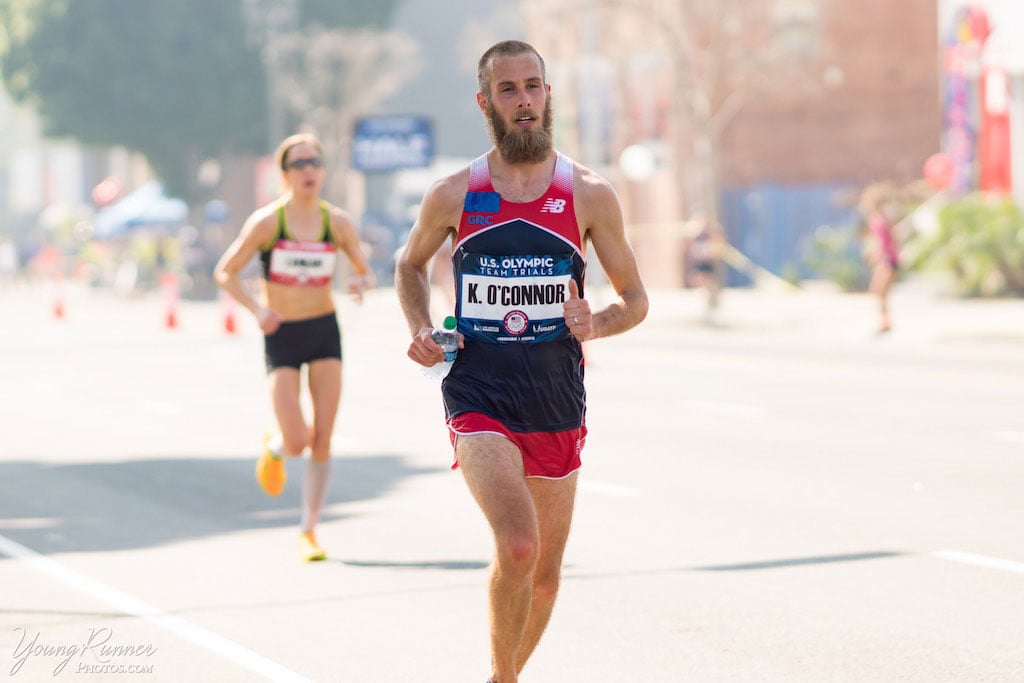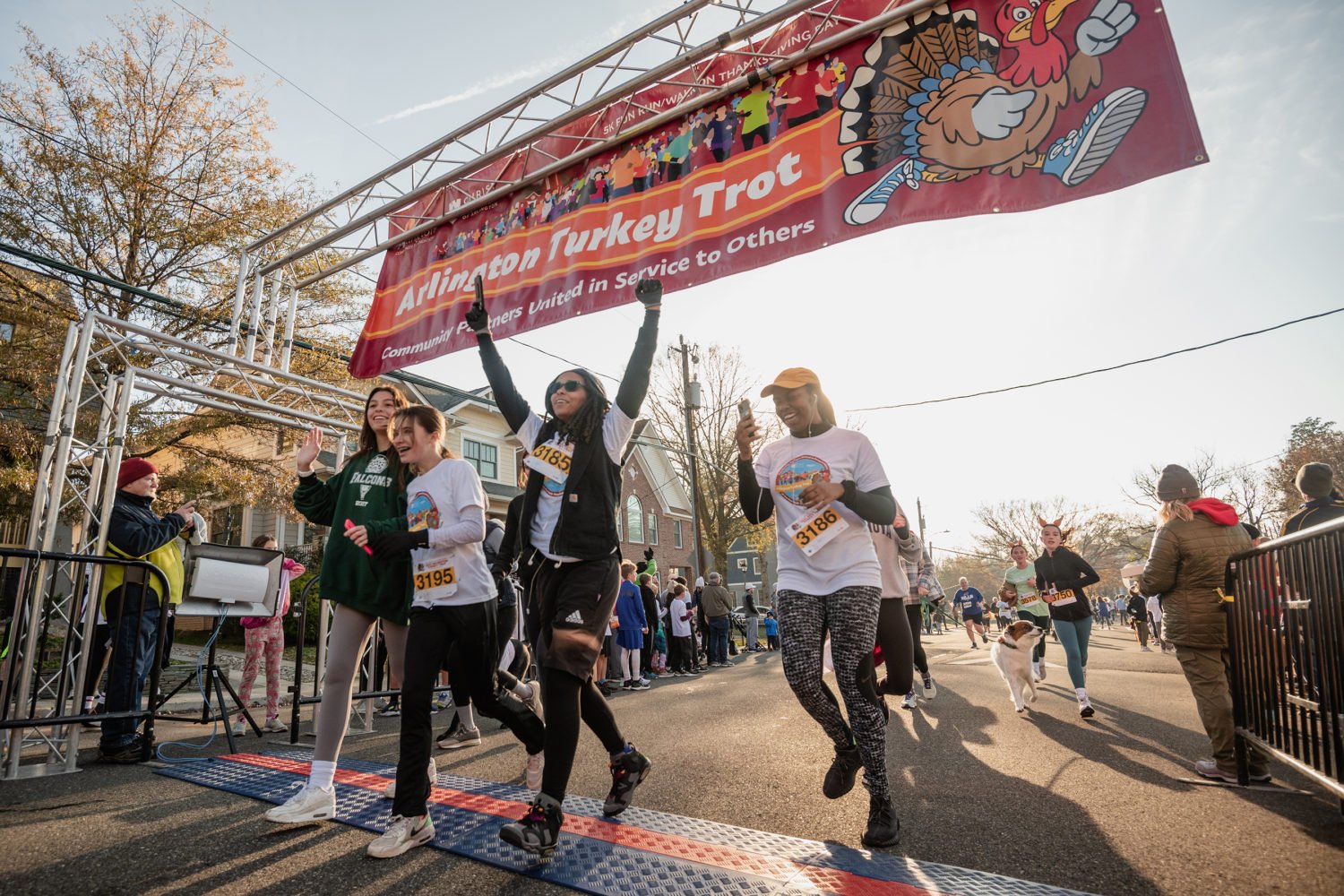Even if you can get over the physical and mental demands of running 26.2 miles, there’s another obstacle in your way: time. Sure, marathon runners have to be fit—but when running isn’t their full-time job, they also need to time-management pros. Below, seven Washingtonians with busy lives outside their running hobbies share how they make time to get in all those miles.
BRIAN YOUNG

His day job: Prosecutor for the Fraud Section of the Department of Justice.
Marathons completed: 12
Finding time to train: “I typically run every day, hitting as many as 85 miles per week before a marathon. That training consists of one long run on the weekend and harder, speedier run during the week with the other days consisting of easy running. Running before work forces me to be more efficient with my time because I know that I have to be somewhere at a certain hour. Sometimes I save time by driving to work before rush hour, running on the Mall before work, and showering at a gym near my office; this routine allows me to spend time running that I otherwise would have spent in traffic.”
KERRY ALLEN

Her day job: Legislative analyst at RAND Corporation.
Marathons completed: 5
Finding time to train: “When training for a marathon, I usually run six or seven days a week, for about 65 to 70 miles total. A typical week includes one or two workouts (for example, mile repeats on a track at a faster pace, or ten or more miles at my goal marathon pace) and one weekend long run of 16 to 22 miles. I usually wake up around 5:45 or 6 in the morning to run. One thing that I’ve found really helps is run commuting! I’ll run to my office in Pentagon City from my home in NW DC (or vice versa) several times a week. Depending on how the Metro is behaving that day, my commute is 35 to 50 minutes, so running into the office banks all that time.”
EMILY POTTER

Her day job: In 2016, worked part-time remotely for a child health foundation; currently, works as a full-time mom of three.
Marathons completed: 13
Finding time to train: “With two kids, I basically wore running clothes all the time, and ran whenever I could with the double stroller. I literally ran my errands and ran us to our activities. It allowed me to sneak in the miles (even broken up, they added up throughout the week), and my kids didn’t mind it since we’d stop often and they were entertained by whatever they saw.”
RICH MENDELOWITZ

His day job: Executive at General Dynamics, also the president of DC Road Runners.
Marathons completed: 14
Finding time to train: “I run an average of 50-55 miles per week when training for a marathon like I am now for the 16 weeks before the event. I wake up at 4:15, start warming up, shave, have a cup of coffee, then out the door. I am usually in bed 10-10:30 so I don’t sleep a lot. Learned the art over many years of busy day job, wife, three kids, and lots of volunteering for things like Boy Scouts and of course the DC Road Runners.”
ANDREW SIMPSON

His day job: Consultant, working 40 to 60 hours each week.
Marathons completed: 10 (at least)
Finding time to train: “I usually run 50 to 80 miles per week with usually one day running speedwork at the track, and then one day where I do a long run of over 12 miles, up to 25 or 30 miles, depending on the race. I back up my wake up time to accommodate whatever run I have in the morning so if I have to get up at 4 AM to run then I do. 6 AM is pretty late for me—I can’t remember the last time I slept past 7 AM.”
KIERAN O’CONNOR

His day job: Works remotely as a project coordinator for Tyler Technologies.
Marathons completed: 5
Finding time to train: “I try to fit as much of my running into my daily work flow as possible. For instance, most days start with answering emails at 7:00 AM, after which I’ll run my daughter to day care, drop her off, and circle back home to continue working. This way, I can get my work and running days started together. On other days I might run ten miles before work in the morning, then run to pick her up in the evening. Working from home gives me great opportunities to incorporate running into my daily routine.”
SEAN BARRETT

His day job: Intelligence officer in the U.S. Marine Corps
Marathons completed: 4
Finding time to train: “I am currently deployed to the Iraqi Kurdish Region. I got back from another deployment in January 2016 and immediately jumped into training for this deployment. When I was out here for a week in August for our ‘pre-deployment site survey,’ I went for a run in the Dubai airport over a layover. I went on some really early runs and some really late runs, trying to squeeze a marathon training cycle in around the deployment workup. I ran Marine Corps Marathon, flew to Ft. Bragg for a meeting, and deployed from there.”
These interviews have been edited and condensed.


















